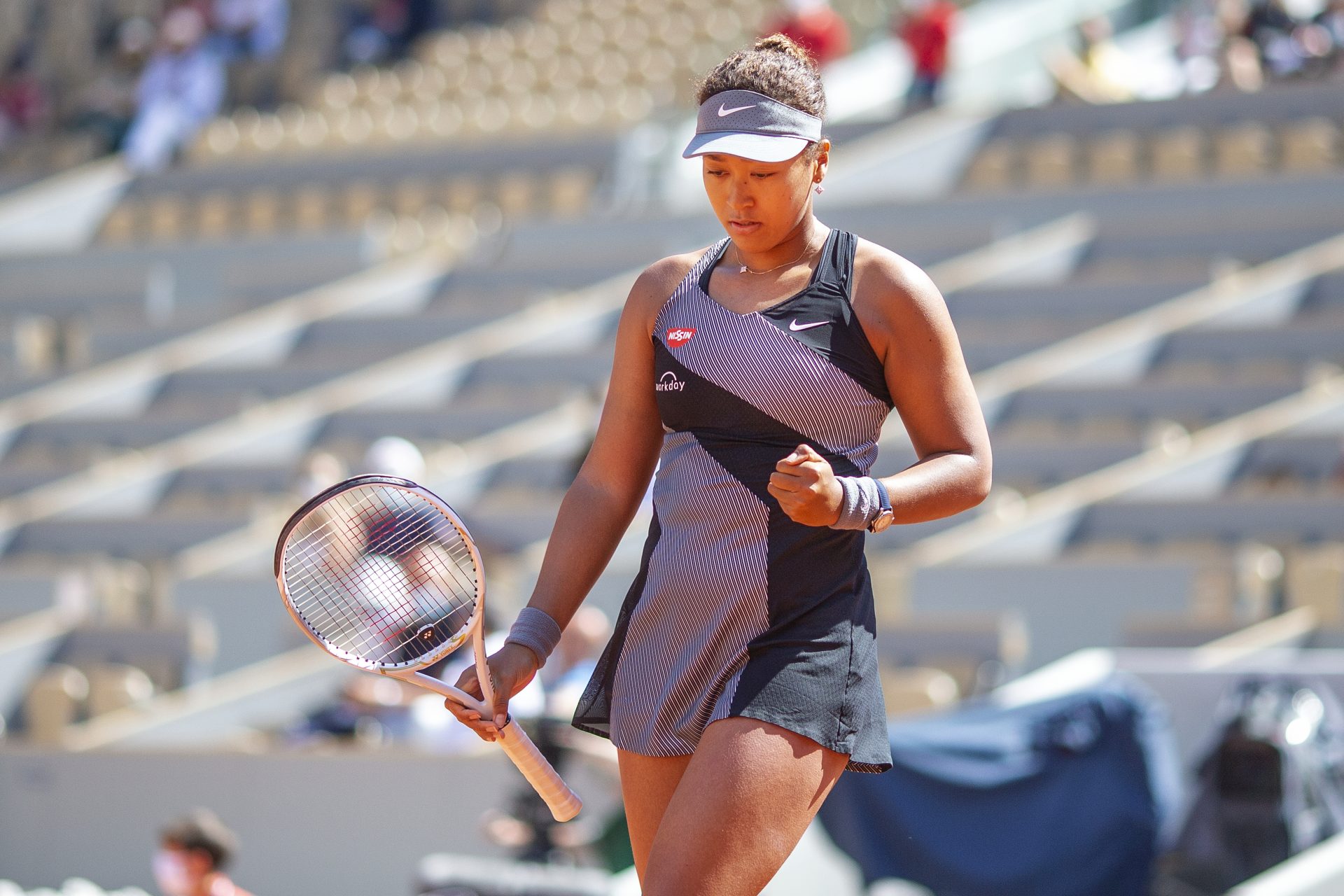We can’t help but compare the language around Novak Djokovic’s vaccination scandal with Naomi Osaka’s treatment at the French Open.
Novak Djokovic has had his visa to Australia cancelled after a confusing battle with the country’s courts. He entered the country to play in the Open without the mandatory coronavirus vaccine required but claimed he was immune due to a previous infection. After being detained and winning a court battle to stay in the country, news broke of him breaking isolation rules when he was positive with the virus in December and a confusing web of lies about his case was unravelled. Subsequently, he’s had his visa cancelled by the immigration minister Alex Hawke who claimed the decision was “in the public interest”.
You may also like
Covid-19 booster vaccine side effects: everything to expect after your coronavirus booster vaccination
Aside from the bizarreness of the world’s number one male tennis player being detained and deported, there’s something else that feels off about this whole debacle. The support from the tournament organisers, the jokes made on Twitter by fans and critics alike and the fact he originally won his legal case despite breaking the law feels hugely at odds with big stories about high profile tennis players in recent history. Most notably: Naomi Osaka’s run at the French Open in June 2021.

Osaka pulled out of the competition after being fined €15,000 by the Open for refusing to talk to journalists at post-match press conferences. She’d asked not to engage with the press due to the damage that it had on her mental health. When reporting this, the language in the press and on social media was very different. There were those who loudly came to her defence and showed support for the tennis player, but the overwhelming tone was judgemental, lacking sympathy and at times ridiculing of her mental health.
On the other hand, Djokovic’s case is either being seen as an unfair call by the Australian government or just downright comical. He has been described as being in “limbo”, his situation has been meme-ified and his story is dubbed as “incredibly funny”. Osaka was called weak, a quitter and dragged through the mud just for protecting her own mental health.

Regardless of whether either of the French or Australian Open rules are just, both of the players broke them. Osaka to protect their own health, Djokovic to potentially endanger others. Yet, Osaka received an onslaught of abuse and was forced to withdraw by the body that should support her, while there seems to be far less official condemnation of Djokovic’s behavior.
It sends a very clear message: men are allowed to bend the rules when it is appropriate for them, and women can not. It’s also another reminder of the disparity between how we view mental vs physical challenges. There’s a distasteful ‘prove it’ attitude towards an athlete’s mental illness, while more sympathy and understanding surrounding individual choice when it comes to physical complications. These are both huge double standards we see time and time again in sport; Andy Murray quietly withdrew from the Tokyo Olympics men’s singles with a thigh strain, but Simone Biles withdrew due to a condition known as ‘the twisties’ and was met with uproar.
You may also like
Naomi Osaka is reduced to tears by the media – highlighting the upsetting pressures that Black female athletes face
Osaka’s courage and selflessness is clear in her decision making: talking publicly about mental health is scary, and she even wrote that her withdrawal was down to the fact that she didn’t want to distract the competition. I wonder how different the narrative would be if it was Osaka, Biles or another female sports player in Djokovic’s shoes?
Images: Getty
Source: Read Full Article